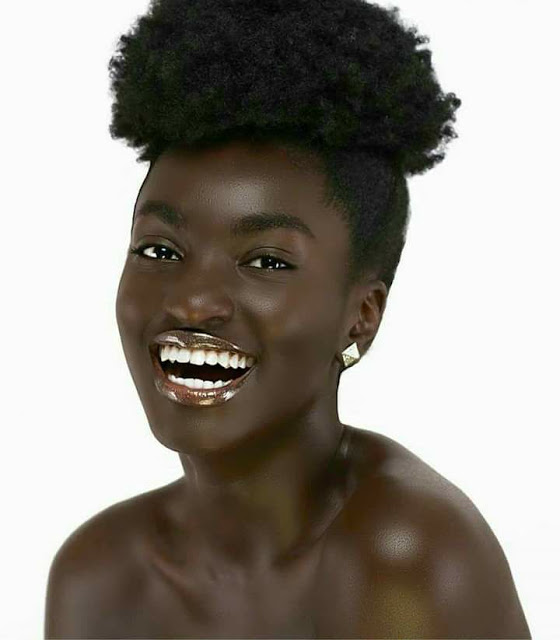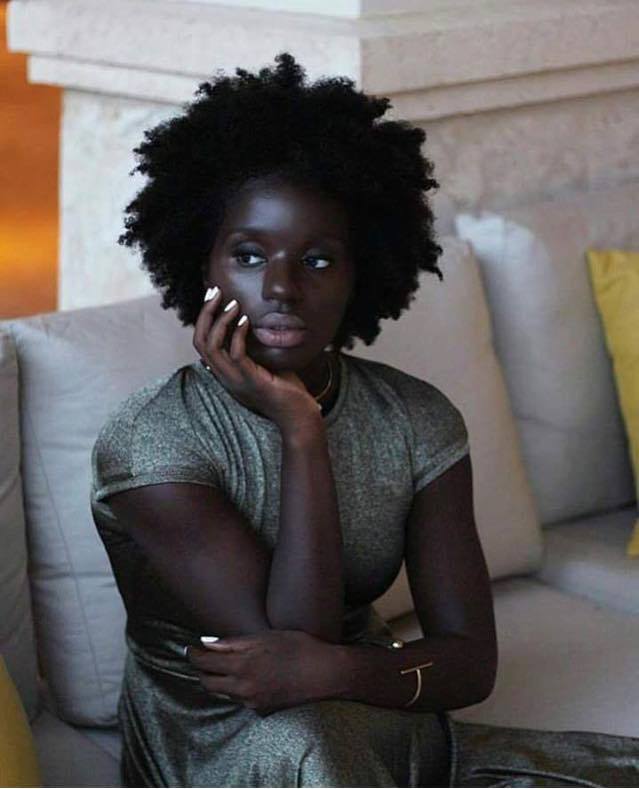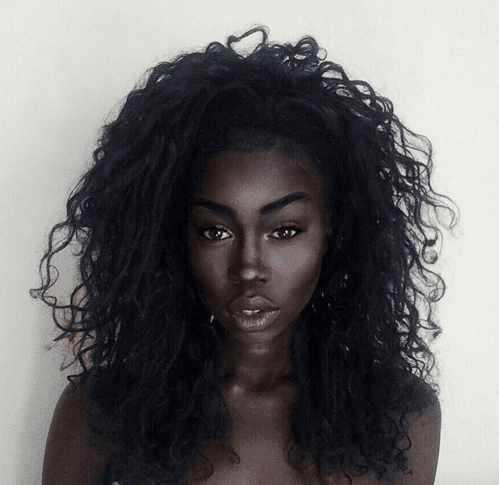Ogbeni Till Day Break… media chat from another lens
MEDIA chat, a live interactive session between those in government and the citizens, indeed started in Nigeria with the administration of former President Olusegun Obasanjo. It was an innovation in governance, especially in this part of the world, where the gap between the government and the governed is as wide as the Atlantic Ocean.
It was no wonder that people welcomed it with unlimited enthusiasm and high hope that it could, to a large extent, bridge this gulf and offer them a pseudo-direct participation in governance by asking critical questions as to how their lives are being affected through the policies and programmes of the government.
Indeed, Media chat is supposed to be a mini-Village Square meeting or mini-people’s parliament where issues of common interest are raised and discussed passionately without any fear or hindrance. During chief Obasanjo’s reign (1999 – 2007), a number of such sessions gave very few privilege Nigerians access to their president.
In the last 14 months of serving duly elected president of Nigeria, Dr. Goodluck Jonathan has had two media chat sessions.
From Obasanjo to Jonathan, the media chat were nothing but a monologue. Participation by Nigerians was highly restricted, questions were not only evaded, the language, at times, was contemptuous and laced with disdain for ordinary Nigerians who the forum was supposed to have been arranged for. If from the definition of the presidency, a people-oriented Media Chat is not possible, Osun State Governor, Ogbeni Rauf Adesoji Aregbesola has put a lie to this in a recent media chat he organized in the state capital Osogbo, which was televised all over the world.
Tagged, Ogbeni Till Day Break, the session was was not only unique, but it has given birth to a new template of bonding with the electorate. Besides, it has also placed the governor as a new phenomenon in governance. This is because the conceptualization of the forum was not just un-paralleled, not just in Nigeria, but probably in Africa, glaring was the scientific approach adopted ensuring that everybody that was so interested could easily participate; where you had no intention to participate, you could be hooked on un-consciously. All the state’s three television stations (OSBC TV, Osogbo; New Dawn TV, Ibokun; and Reality TV, Iwo) and its two radio outfits gave a live broadcast of the show.
In effect, what it means is that if you were in Osun State that day, and you tuned to any of the state broadcasting stations, what you were going to get was the media chat. If you could escape it on the state’s broadcasting station, you might not likely to be able to totally escape it as some broadcasting stations outside Osun, hooked on to the show throughout the duration.
These stations were Lagos State Television, which now has a global reach and the privately owned Television Continental. As if that was not enough to make most people conscious and un-conscious participant, the show was also run live on DStv.
With the programme, which he promised would be quarterly, the governor did not only set the pace, he had indeed raised the template, he had set probably a world record of staging a Media Chat that lasted for seven hours and 12 minutes. The programme started at exactly 10.10 p.m. and ended at 5.22 a.m. the following day. There was only 30 minutes of cultural-musical interlude, where the governor danced and broke a record that would have in the old Oyo Empire earned him an instant wife.
From Obasanjo to Jonathan, the record never exceeded two hours. The Ogbeni media chat had another record of receiving 40 telephone participation-calls, 500 e-mail of questions and 2,185 missed calls. This was no doubt a record that is incomparable with the record of number of callers in all the Presidential Media Chats staged from 1999 till date. The last and recent one by President Jonathan had an abysmal record of less than three callers.
The significance of the over seven hours duration was that those who had slept before the commencement of the show indeed woke up the following day to still meet it, just as those who came in late in the night met it. Another feature of the Osogbo package is that it was not a close-panel show, where less than five selected journalists, including the anchor-man dominated the presidential show for more than 95 per cent.
In the Ogbeni’s show, there were three categories of journalist-participants. There were journalists who were based in the state, correspondents representing the various media houses in the country. There were journalists invited from outside Osun State, particularly from Lagos, where majority of newspapers are based.
There were also correspondents of some international media houses. Among these were BBC and a South African-based TV station. Talking about openness of the show, it was held at the main auditorium of the Centre for Black Culture and International Understanding (CBCIU) in Osogbo, which has capacity for over 1,500 seated-participants. The seats were fully occupied while so many others had to find places to stand. It was a People Assembly, not just a Media Chat.
Apart from the journalists, who numbered over 30, a sizeable number of the listener-participant audience asked various questions. Indeed, it was not only Ogbeni that was awake, the state was literally awake from dusk till dawn reflecting its title, … till day break.
And the credibility of the programme could be deduced from the governor’s refrain: “ask me question, probe me, judge me.”
It was no wonder that people welcomed it with unlimited enthusiasm and high hope that it could, to a large extent, bridge this gulf and offer them a pseudo-direct participation in governance by asking critical questions as to how their lives are being affected through the policies and programmes of the government.
Indeed, Media chat is supposed to be a mini-Village Square meeting or mini-people’s parliament where issues of common interest are raised and discussed passionately without any fear or hindrance. During chief Obasanjo’s reign (1999 – 2007), a number of such sessions gave very few privilege Nigerians access to their president.
In the last 14 months of serving duly elected president of Nigeria, Dr. Goodluck Jonathan has had two media chat sessions.
From Obasanjo to Jonathan, the media chat were nothing but a monologue. Participation by Nigerians was highly restricted, questions were not only evaded, the language, at times, was contemptuous and laced with disdain for ordinary Nigerians who the forum was supposed to have been arranged for. If from the definition of the presidency, a people-oriented Media Chat is not possible, Osun State Governor, Ogbeni Rauf Adesoji Aregbesola has put a lie to this in a recent media chat he organized in the state capital Osogbo, which was televised all over the world.
Tagged, Ogbeni Till Day Break, the session was was not only unique, but it has given birth to a new template of bonding with the electorate. Besides, it has also placed the governor as a new phenomenon in governance. This is because the conceptualization of the forum was not just un-paralleled, not just in Nigeria, but probably in Africa, glaring was the scientific approach adopted ensuring that everybody that was so interested could easily participate; where you had no intention to participate, you could be hooked on un-consciously. All the state’s three television stations (OSBC TV, Osogbo; New Dawn TV, Ibokun; and Reality TV, Iwo) and its two radio outfits gave a live broadcast of the show.
In effect, what it means is that if you were in Osun State that day, and you tuned to any of the state broadcasting stations, what you were going to get was the media chat. If you could escape it on the state’s broadcasting station, you might not likely to be able to totally escape it as some broadcasting stations outside Osun, hooked on to the show throughout the duration.
These stations were Lagos State Television, which now has a global reach and the privately owned Television Continental. As if that was not enough to make most people conscious and un-conscious participant, the show was also run live on DStv.
With the programme, which he promised would be quarterly, the governor did not only set the pace, he had indeed raised the template, he had set probably a world record of staging a Media Chat that lasted for seven hours and 12 minutes. The programme started at exactly 10.10 p.m. and ended at 5.22 a.m. the following day. There was only 30 minutes of cultural-musical interlude, where the governor danced and broke a record that would have in the old Oyo Empire earned him an instant wife.
From Obasanjo to Jonathan, the record never exceeded two hours. The Ogbeni media chat had another record of receiving 40 telephone participation-calls, 500 e-mail of questions and 2,185 missed calls. This was no doubt a record that is incomparable with the record of number of callers in all the Presidential Media Chats staged from 1999 till date. The last and recent one by President Jonathan had an abysmal record of less than three callers.
The significance of the over seven hours duration was that those who had slept before the commencement of the show indeed woke up the following day to still meet it, just as those who came in late in the night met it. Another feature of the Osogbo package is that it was not a close-panel show, where less than five selected journalists, including the anchor-man dominated the presidential show for more than 95 per cent.
In the Ogbeni’s show, there were three categories of journalist-participants. There were journalists who were based in the state, correspondents representing the various media houses in the country. There were journalists invited from outside Osun State, particularly from Lagos, where majority of newspapers are based.
There were also correspondents of some international media houses. Among these were BBC and a South African-based TV station. Talking about openness of the show, it was held at the main auditorium of the Centre for Black Culture and International Understanding (CBCIU) in Osogbo, which has capacity for over 1,500 seated-participants. The seats were fully occupied while so many others had to find places to stand. It was a People Assembly, not just a Media Chat.
Apart from the journalists, who numbered over 30, a sizeable number of the listener-participant audience asked various questions. Indeed, it was not only Ogbeni that was awake, the state was literally awake from dusk till dawn reflecting its title, … till day break.
And the credibility of the programme could be deduced from the governor’s refrain: “ask me question, probe me, judge me.”





































^^^^^^^^^^^^^^^^^^^^^^^^^^^^^^^^^^^^^^^^^^^^^^^^^^^^^^^^^^^^^^^^^^^^^^^^^^^^^^^^^^^^^^^^^^^^^^
FFROM ALLAFRICA.COM
Nigeria: I Prefer Indigenous Literatures - Wa Thiong'o
By Yemi Adebisi, 15 January 2011He has severally recommended to African writers to develop indigenous literature. His claim is that African writers need to write in African language in order to project her rich culture to the whole world. No wonder he prefers to read literatures written in his local language, Gikuyu.
In his response to what his thoughts are about contemporary fiction in Kenya and the more recent texts in Gikuyu that have had an impact on him, he said, "There are several writers who now write in Gikuyu. Ms. Waithira Mbuthia is very prolific. But so is Gitahi Gititi, now a professor of English, but writing in Gikuyu. Mwangi Mutahi is another who has published three novels in Gikuyu. There is also Gatua wa Mbugua, a poet and a scientist. He has just completed and successfully defended a scientific thesis written entirely in Gikuyu for the Department of Crop Science at Cornell. There are many more. Most of these writers are contributors to the Gikuyu language journal, Mutiiri, originally based at New York University, but now at the University of California Irvine."
During the late 70's, his commitment to art and community led him to form communal theatre groups in villages, which showcased some of his most indicting plays. These works portrayed the political corruption of post-colonial life in Kenya and the people's struggle to define an identity despite years of harsh political and social transitions. In 1977, Ngugi was arrested for his involvement with the communal theatres. While in prison, Ngugi reflected on the urgency in forming a truly African literature and at the same time wrote Devil on the Cross on prison- issued toilet paper. He subsequently would abandon English for his native Gikuyu for all his future novels. After being released from prison, Ngugi lost a university position and his family suffered from constant harassment. In 1982, Ngugi left Kenya and has been in exile ever since. Ngugi Wa Thiong'o is the recipient of numerous awards including the Paul Robeson Award for Artistic Excellence, Political Conscience and Integrity (1992); Gwendolyn Brooks Center Contributors Award for Significant Contribution to the Black Literary Arts (1994); Fonlon-Nichols Prize (1996); and the Distinguished Africanist Award by the New York African Studies Association (1996).